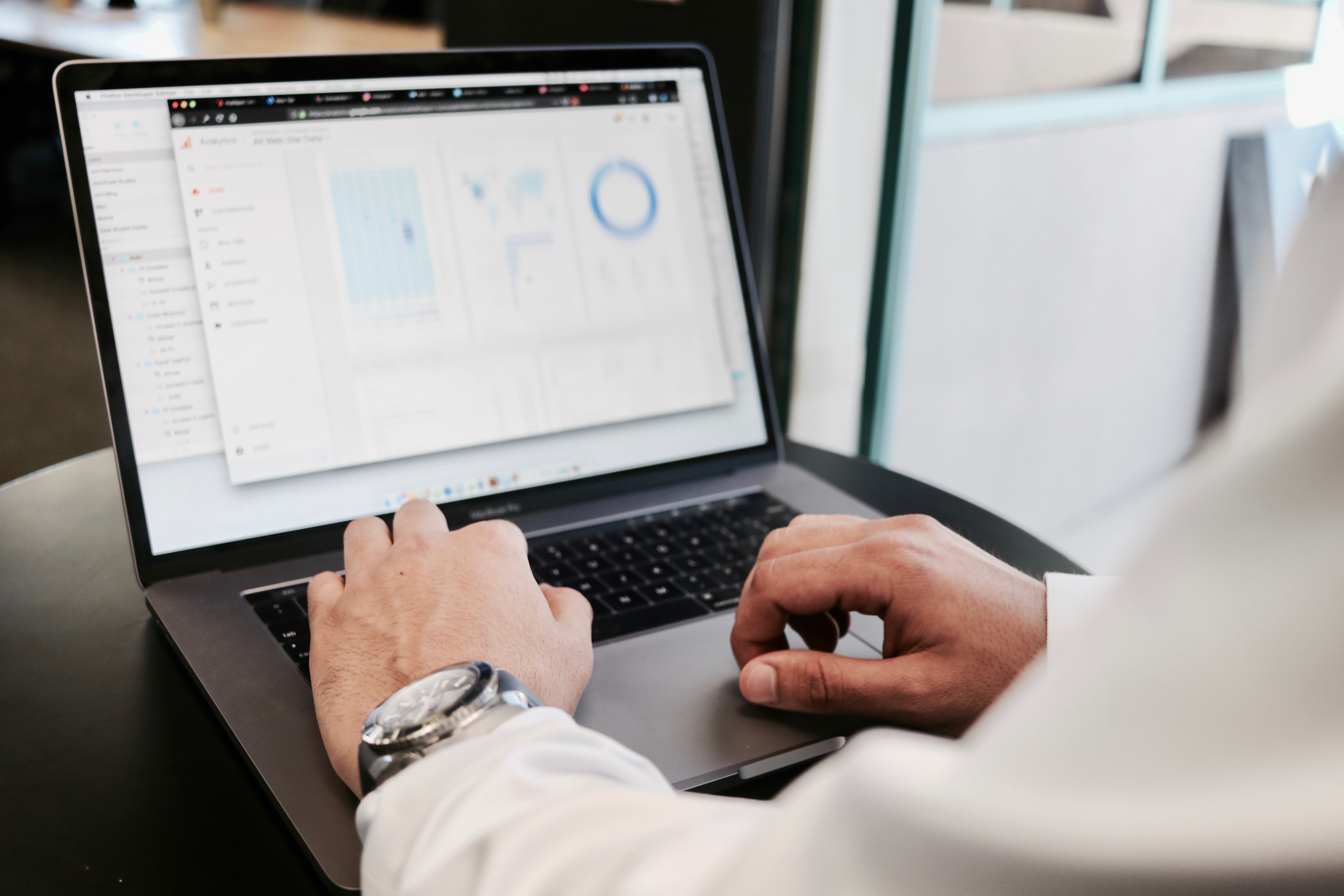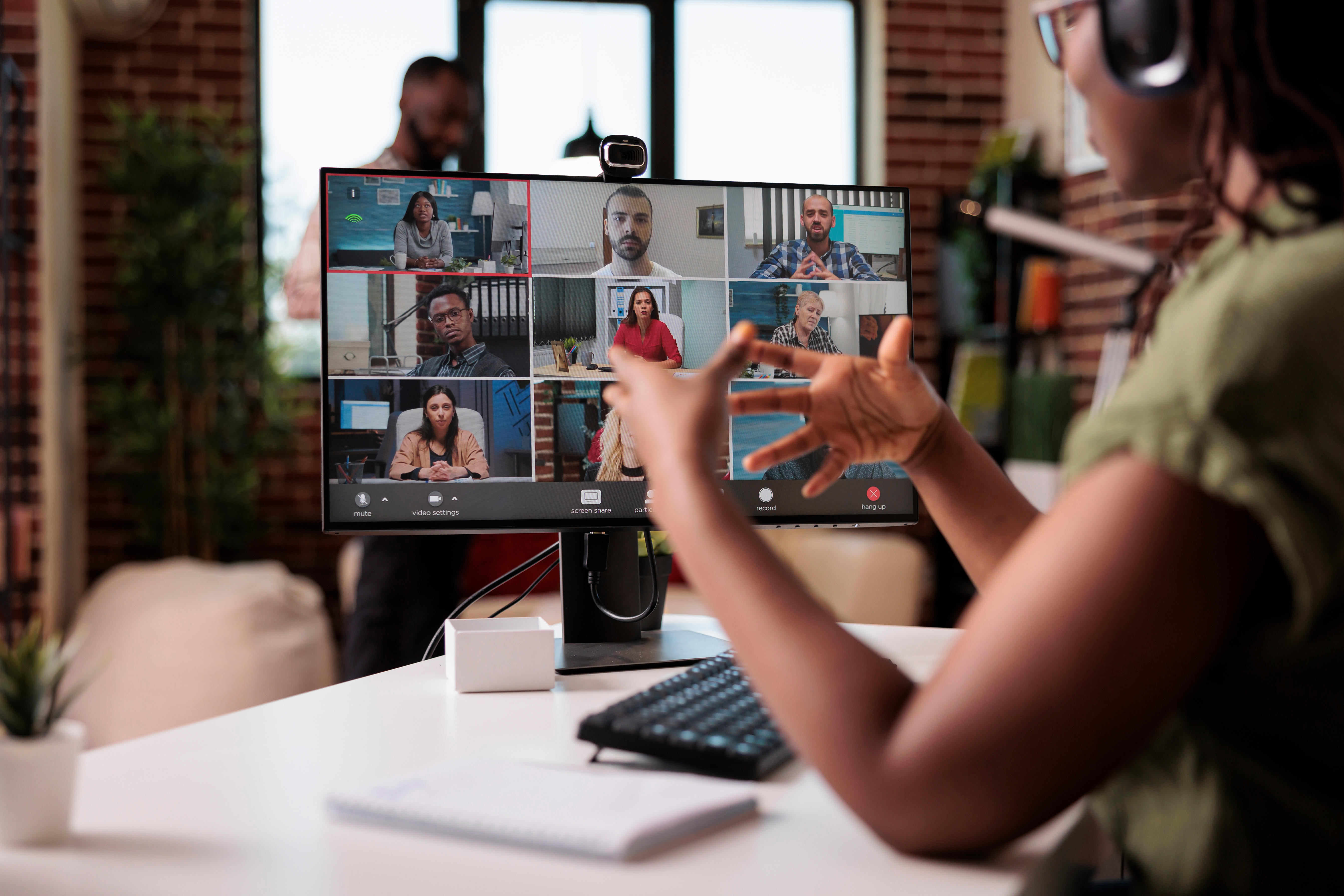Hybrid Working: how has the new work model impacted cybersecurity?
Over the last 2 years, businesses have had to move fast to adapt to the pressures of the pandemic; one of the primary developments we’ve witnessed...
3 min read
FitzroviaMarketing : Oct 22, 2020 9:02:48 AM
In 2020, many an article has referenced the new normal that we now find ourselves working in (something we’re guilty of too), and while readers may be beginning to tire of hearing the same phrases over and over, it continues to be a point of relevance in our adjustment to long term remote working. Almost six months since we began working from home, and with government advice continuing to change, the prospect of remote working looks to remain a part of our daily lives for the long haul.
A topic of concern which continues to emerge among forward-thinking businesses both in the UK and around the world is that of securing a remote workforce. The question many are asking surrounds how businesses can improve the security of organisational data without compromising the flexibility which emerging services are offering. Having worked with a number of clients to improve their security posture, we’re putting together some quick tips that will help get you thinking about the security posture of you and your workforce.
#1 Reintroduce the rigidity of network security
As COVID-19 swept through the world almost overnight, security teams were forced to relax security standards in a bid to keep essential functions operating. If this sounds like something that happened in March, it may be worth reintroducing the checks and balances which kept your network secure.
Important items to consider are;
#2 Understand your home networks
With the ability to bring your own device (BYOD), employees are aptly equipped to complete the tasks at hand, but with employees using unsecured, potentially out of date, personal devices, your network security is made vulnerable. With personal devices existing as easy, soft targets on an otherwise protected network.
In order to improve security posture, work with employees to secure home networks, with activities such as:
#3 Develop strategies around authentication and authorization
Multi-factor authentication, access controls and strong passwords are vital in maintaining good security posture. But also too is ensuring correct authorisation, meaning that for remote workers – companies should adopt strategies that focus on granting “least privilege” access rights to users, to ensure they have the access required to carry out tasks and duties.
Least privilege is a key safety strategy worth remembering when trying to improve security posture.
#4 Secure collaborative apps
Since remote working, cloud-based collaboration and communication apps have taken centre stage as they connect colleagues and allow seamless co-creation abilities, but it bears remembering, collaborative apps still require stringent security strategies to remain effective and secure.
If organisations find themselves somewhere between the latest and greatest cloud offerings and legacy solutions that are not fit for enterprise use, consider an all-encompassing approach – opting for enterprise-grade solutions that are designed to work in unison, to protect your staff at every step of the way.
#5 Beware of phishing attacks
Phishing attacks skyrocket during times of crisis, and a worldwide pandemic is no exception. Reports of an increased number of phishing attacks mean that companies must further protect themselves against evolving threats.
As part of your security strengthening, consider a refresher for your employees or take a look at our handy phishing and spoofing guide.
#6 Regular backups of critical systems
While backups may not be able to prevent cybersecurity attacks, they are essential when it comes to business continuity. By ensuring a regular backup, that has been scanned for any malicious threats, you can take comfort knowing that should disaster strike, with the help of a quality backup infrastructure, business can resume without hassle.
Our team of experts have helped design a number of backup infrastructures that have allowed clients to spin up backups within seconds and minimising downtime to the bare minimum. Contact us today to find out how we can help improve your backup infrastructure.
#7 Cybersecurity training
A world-class cybersecurity system is only as strong as the users who it protects, so when investing in cybersecurity, a sure-fire way to protect yourself is to provide easily accessible information for your employees. As the end-users of cybersecurity setups, your employees can strengthen the ability of your cybersecurity posture by understanding the warning signs of potentially malicious attacks.
With a landscape for businesses that is ever-changing, maintaining good security posture is vital in protecting you and your employees from malicious attack. While cybersecurity can seem overwhelming, the team at Fitzrovia IT can help develop a robust strategy to suit your needs.
To meet growing cybersecurity concerns, we are developing a cybersecurity package that suits the needs of businesses tackling remote working. Contact us to find out more.

Over the last 2 years, businesses have had to move fast to adapt to the pressures of the pandemic; one of the primary developments we’ve witnessed...

COVID-19 saw huge changes in the structure of the workforce, with 557 million workers swapping their usual offices for home offices in the second...

October is Cybersecurity Awareness Month, a global campaign to raise awareness about cybersecurity and encourage people to take steps to protect...